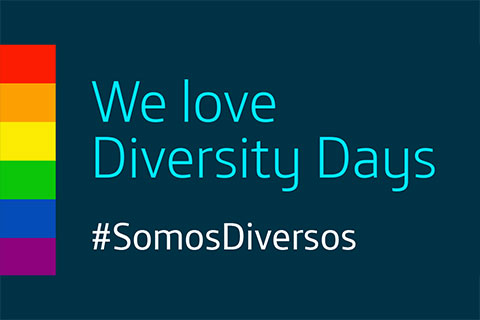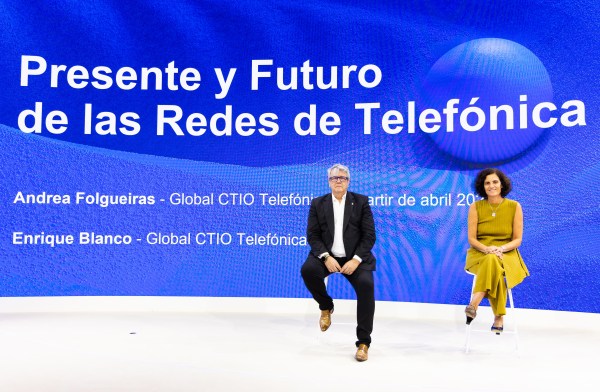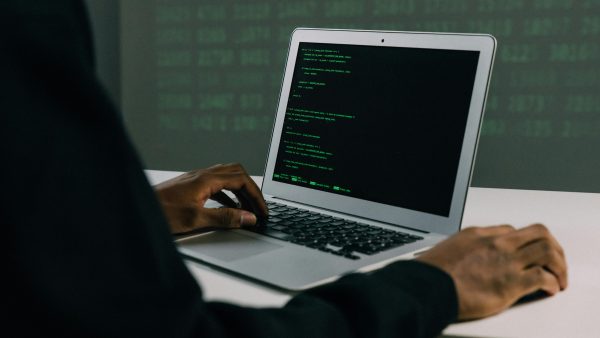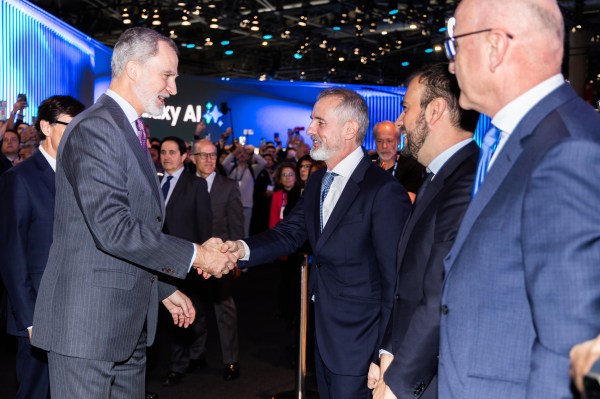Thursday, 25 June 2020
The health crisis highlights the need to work towards inclusive environments in companies
The year 2020 has brought to light something we already knew: technology has radically transformed how we communicate, consume, work and, in short, has changed our way of life. The confinement resulting from the COVID-19 health crisis has been a challenge for all companies, which have been forced to accelerate their digitalisation in order to respond to the demands of customers and society.
From one day to the next we find more than 95% of employees working remotely. Fortunately, Telefónica was already immersed in a profound internal transformation process to adapt to this new digital world, which has allowed it to respond quickly and effectively to the crisis. In short, the technological revolution that the Company is undergoing has been the key to carrying out its activity with relative normality.
However, Telefónica’s digitalisation is a necessary but not sufficient condition. To take advantage of the opportunities that digitalisation offers us, it is necessary to have the best talent and a diverse and inclusive work culture in which each professional can contribute all their value.
At Telefónica, we are convinced that the diversity of our teams, combined with an inclusive leadership style, helps us to achieve better business results. Therefore, we work to create and take care of the right structures so that the best professionals want to work, stay and grow with us.
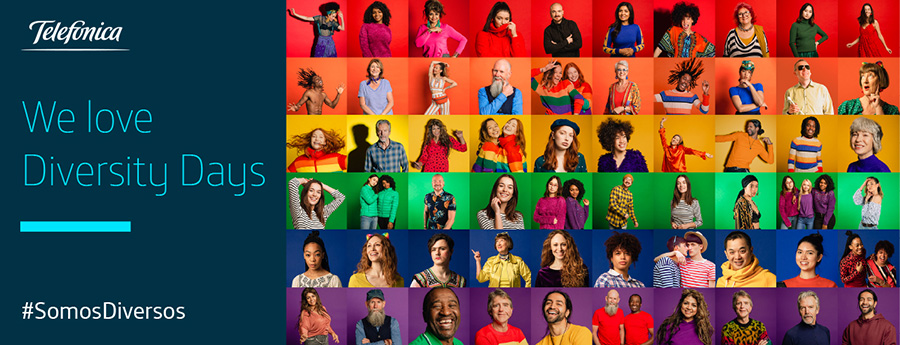
One of the areas of work is the inclusion of LGBT+ employees as, although sometimes we are not aware of it, there is still a lot of work to be done to achieve effective equality. This is demonstrated by the data from the study “LGBT diversity in the workplace in Spain”, in which Telefónica participated, and which showed that barely 38% of Spanish LGBT+ employees feel comfortable talking about their personal lives at work.
This means that while most people can converse with ease with their colleagues about what they did over the weekend, LGBT+ people often don’t feel comfortable talking naturally about their personal context for fear of becoming the object of gossip or derogatory comments.
The virtual context in which a large number of employees are carrying out their work means that we are opening up a small part of our intimacy to our colleagues and bosses, by exposing our homes and families on video calls, which can be particularly sensitive for some LGBT+ employees.
Therefore, our goal in managing LGBT+ diversity is to ensure a safe, trusted space where all employees feel welcome regardless of their sexual orientation or identity. The willingness to speak publicly about LGTB+ diversity from the highest levels of management allows us to convey this commitment and let our employees know that their experiences matter to us.
In this regard, and with the aim of finding out about the specific situation of LGBT+ employees in our Company, we have participated in the European Project ADIM, which has allowed us to obtain an exhaustive internal diagnosis of this reality.
In addition, we have strengthened our collaboration with expert entities on LGBT+ diversity. Working closely with both REDI, the Business Network for Diversity and LGTBI+ Inclusion, and FELGTB, the State Federation of Lesbians, Gays, Transsexuals and Bisexuals, has allowed us to deepen our understanding of the context and optimise the impact of our actions. The efforts made have earned Telefónica the recognition of the latter entity as the seventh best company in terms of LGBT+ diversity policies in Spain.
On the other hand, and with the dual objective of boosting the visibility of our LGBT+ employees and fostering the support of partners, we are working to give greater reach to the networks of “LGBT+ employees and partners” present in several of our operations.
In addition, despite the context of the health crisis in which this year’s International LGBT+ Pride Day is taking place, we have organised various virtual activities to reflect on the main challenges and opportunities facing the group in the workplace. You can consult the international agenda in the following map.
Arancha Díaz-Lladó,
Purpose, Diversity & 2030 Agenda director at Telefónica
Ruth Ortiz,
Talent, Reward, Organization and People Data director at Telefónica
